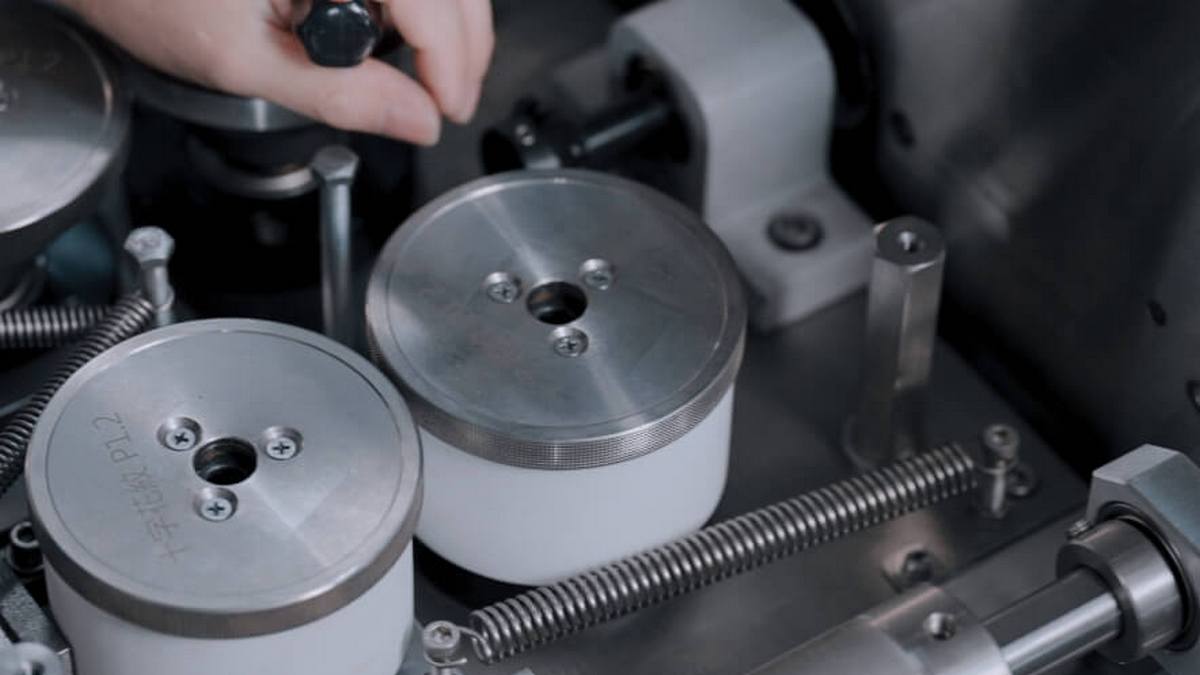In the field of manufacturing and supply chain, the technical assistance of Industry 4.0 and 5G and AI, combined with blockchain, can promote the new development of manufacturing and achieve more effective integration of hardware, software and services.
The age of machine trust is coming
Since the financial tsunami in 2009, people have been actively seeking to get rid of banks and other financial institutions to intervene in the transaction mechanism. Block chain was once a hot emerging technology in the global financial industry. Cryptocurrencies have also been subject to strong supervision and fluctuations. In other industries, attention is paid to the block chain. In addition to effectively reducing costs, if resources can be integrated and applications can be spread, it will provide solutions for the operation and management aspects of the new generation of Internet of Things to promote industrial transformation and upgrading.
Expansion of the application level of blockchain technology
Especially in 2015, "The Economist" magazine first reported on the block chain, and it was hailed as "The trust machine". After the Internet of Things improved the efficiency of exchanging messages between things and people, With the unique consensus and incentive mechanism, it quickly establishes trust for the groups that are suspicious of each other and minimizes the cost. Many countries have also listed block chain as a strategic frontier technology and have invested heavily in research.
According to statistics, by 2019, mainland related companies together accounted for more than 80% of the world's block chain patent rights. After the outbreak of the China-US trade war, the official actively promoted the promotion of block chain technology to the country in order to get rid of the US economic, trade, and technological sanctions. Strategically high, as an important breakthrough in independent innovation of core technologies, in October of the same year, General Secretary Xi Jinping of the Communist Party of China stated publicly: "The integrated application of block chain technology will play an important role in new technology innovation and industrial transformation."
In particular, the primary value of the block chain is to create "trust", transforming traditional trust in centralized credit institutions into distributed ledger data, not only can each block be encrypted and dispersed Several transaction data are stored in a distributed manner, and the update must be approved and synchronized by all nodes. It has the characteristics of tamper resistance and high transparency, ensuring the authenticity and accountability of the data, and greatly reducing the cost of transactions, audit processes, and external supervision. In order to solve the problem of "centralized" data security, create more new types of transaction models and values, thereby digitizing assets into equity certificates in the form of electronic data, including from currency to bills, invention patents to tax certificates Proof of all rights and interests, such as agricultural and sideline products to industrially manufactured products, used for supply chain traceability, data sharing, and certification, digital asset management applications, etc. Coupled with the decentralized value transfer characteristics of the block chain, the circulation and exchange of digital assets have a currency-like degree of freedom, enabling value transfer and payment, combining with other technologies, and driving innovation in multiple industries.
Today's block chain technology is derived from Bitcoin, but its application has exceeded cryptocurrency! Its industrial positioning refers to the provision of innovative information storage and exchange mechanisms relying on the existing network environment. It is the same as big data analysis and artificial intelligence. They are all cross-industry support technologies in digital transformation. Even though the governments of various countries have strengthened supervision since 2016, since block chain is the key technology for shaping trust and improving the efficiency of the Internet generation, as the network will move towards multiple Edge applications in the future, block chain decentralization and digital ID certification The application will occupy a key position in the data economy ecosystem that mainly focuses on Edge and cross-domain applications. In order to meet the needs of industrial digitalization and digital data management applications under the global digital transformation and data economic development, and promote the block chain to accelerate its application to industrial applications, "The success of the introduction still depends on whether the emerging business model can create for the industry value?"
For example, the European Union has proposed that 5G mobile communications will be integrated through the Next Generation Internet (NGI) to build smart networks. With the decentralized nature of block chain, it will meet the needs of the data economy ecosystem and network and will be a smart network. The key position in the architecture; combined with the upcoming # Blockchain4EU project, to support the exploration of block chain services and scenarios in the industrial transformation. As for Taiwan as a technology latecomer, first of all, it is necessary to find clear industrial applications and pain points, target scenarios, and partners in the industrial ecosystem. It is also necessary to think about solutions outside the block chain to avoid "for the block chain." And the block chain. " Based on the existing open-source technology framework in the world, we will rapidly develop application services suitable for the Taiwan industry and connect with the world. Kai-an Zheng emphasized: "The issue of promoting block chain is not in technology, but in establishing a profitable business model, it is urgent to closely cooperate with technology providers and industry players.
Among them, manufacturing, logistics, and business applications have surpassed finance in 2018 and become the largest emerging block chain investment application field. Although the supply chain and document certification sharing are more suitable for the development of Taiwan ’s block chain industry application services, because of the technical integration power And there are not enough value chain participants, and large-scale industrial applications outside of finance have not yet appeared, and legal persons can serve as technology providers to help small and medium-sized enterprises to quickly introduce applications and integrate with international standards.
Estimate the demand situation of the block chain in 2025, and use the supply chain production process and logistics transparency in the vertical field to avoid tampering records of all production, manufacturing, processing, packaging, and distribution processes; then share the sensor information to promote data Drive applications. Among them, major technology companies have invested in new business opportunities, including logistics management, personal privacy, and supply chain finance. IBM, Oracle, Microsoft, Amazon, Google, and SAP all provide block chain technology platforms with cloud services. For example, Amazon ’s cloud platform AWS has partnered with Kaleido, a startup, to provide block chain solutions (BaaS) that enterprise customers need, making it easier for customers to deploy services on the block chain to meet their business needs or create new value; Google Cloud cooperates with Digital Asset to launch a block chain development tool to increase the speed of developers' testing and application development. In addition, it cooperates with Block App to help enterprises quickly build a block chain platform. Auto parts manufacturer Bosch has also cooperated with the third-party testing and certification agency TUV Rheinland to use the block chain to track the aftermarket odometer readings of vehicles to prevent the illegal modification of mileage by second-hand car sellers, resulting in buyers ’premium purchases or failure to repair on time. It can be used in high unit price or high value-added products such as vehicles, machine tools, or process equipment.














